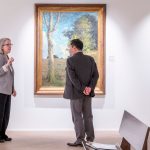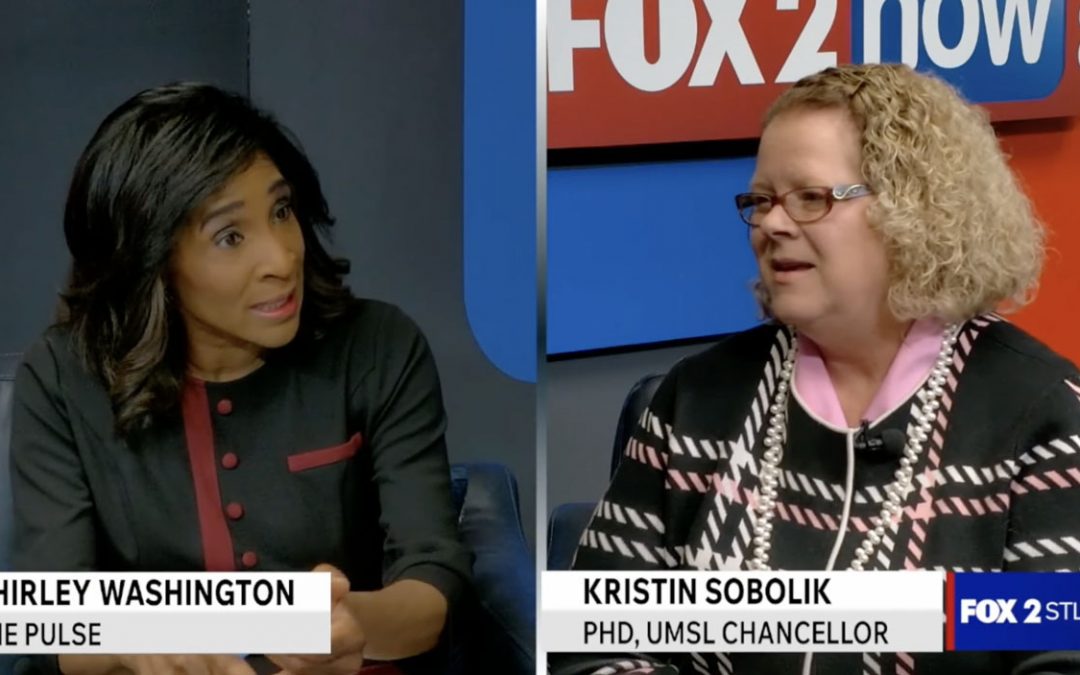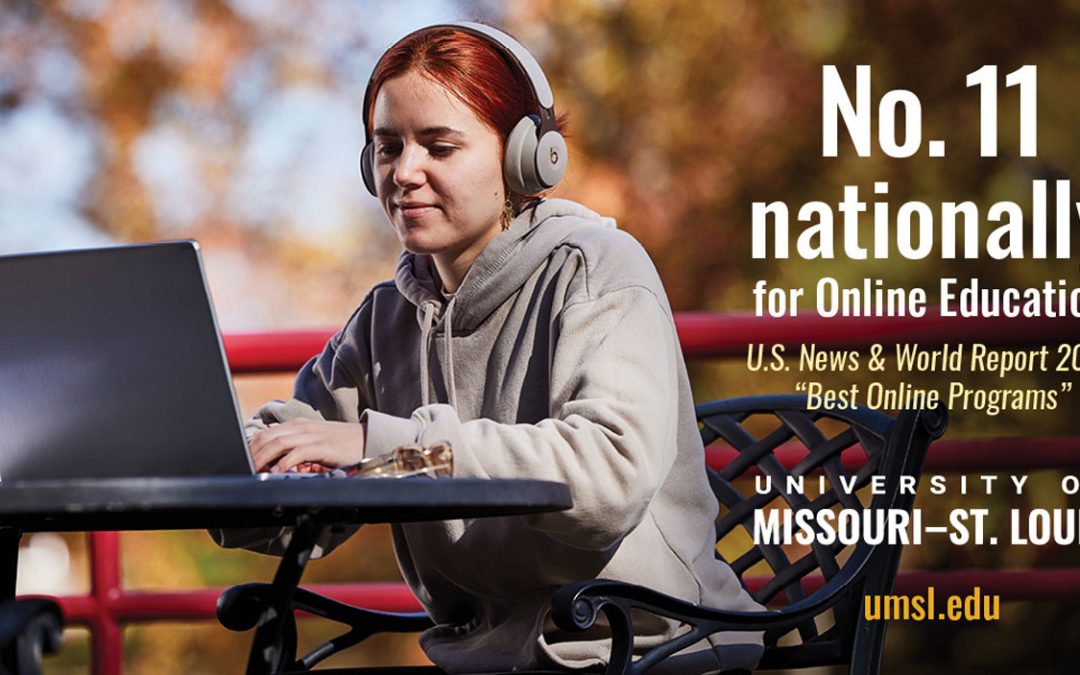Benjamin Torbert, assistant professor of English at the University of Missouri–St. Louis, grew up listening to live national broadcasts of The Metropolitan Opera. On Saturday (April 24), the opera aficionado became part of the show.
During the first intermission of Puccini’s “Tosca,” Torbert participated as one-third of the panel participating in the Met Opera Quiz. And considering the sociolinguist is known more for his studies of the relationships between dialect and regional identity in the American South and among Native Americans, he held his own. (Click above to hear an excerpt from the Met Quiz.)
Now in its 79th season of broadcasts, The Met Opera’s Saturday matinee performances can be heard weekly on more than 300 stations in the U.S., and stations in 40 countries on five continents. Locally, the program is broadcast on KFUO (99.1 FM) and via satellite radio: XM (Channel 79) and Sirius (Channel 78).
St. Louis Post-Dispatch classical music critic Sarah Bryan Miller weighed in on Torbert’s quiz debut on the newspaper’s Culture Club blog.
“He was funny, made total sense (not always a given), correctly identified Brunnhilde’s Immolation from a series of questions on ‘Leaping Ladies,’ and won the ‘Presto’ true-false quiz on obscure questions from ‘Tosca.'”
Visit http://bit.ly/chFkWE to read Miller’s entire Culture Club entry.
Below is a Q&A UMSL News conducted with Torbert prior to him leaving for New York and making his debut with The Met Opera.
How did you become such a big opera fan?
Well, my mother followed opera, but not very closely. She had maybe a dozen records, mostly recital LPs of Domingo and a few other singers. And she’d listen to the Saturday broadcasts now and then. I had seen the Zeffirelli film of “Otello’ and the mid-80s Met telecasts of “Tosca” and “Carmen” on PBS when I was 8 and 9 years old. But what really hooked me was a Met LP she had of Risë Stevens. Arias and ensembles from “Orfeo ed Euridice,“ “Nozze,” “Rosenkavalier,” “Mignon,” “Samson et Dalila” and “Carmen.” That was really what got me hooked. Opera News ran 50th anniversary articles on the Met debuts of Stevens and also Zinka Milanov a couple years later, as well. We lived just six blocks from the public library in Carrollton, Ga., a small town, so I could ride my bike to the library and I eventually checked out pretty much all of the opera LPs they had, working my way through the standard repertory. I probably listened to the RCA Milanov/Björling “Trovatore” a hundred times.
Of course the Met broadcasts were a huge influence on me, and I would bet that is the case for almost all American opera fans who live in non-metro areas. My parents weren’t rich, so we didn’t travel to places like New York or San Francisco, and the Met broadcasts were how you accessed live opera. There also was a guy named Jim Svejda who had a radio show at the University of Southern California in Los Angeles called “Operabox.” It came on Georgia public radio on Tuesday nights, and I taped it off the radio religiously, so that’s how I learned the older singers. In particular, I remember he had a three-show feature on Rosa Ponselle in 1989, when I was 13, and I really fell in love with her voice. I then became a big Wagner fan with the Met broadcasts of the “Ring” in 1989, the telecasts of the “Ring” in 1990, and their 1991 broadcast of “Parsifal.”
Now that my wife and I have jobs and a little money, we’ve been able to travel to hear opera live, mostly to New York and Seattle, but the Saturday Met Broadcasts are still compulsory in my house. We listen on Sirius a lot too.
How did you come to be selected for The Met Quiz panel?
I got on the quiz through being friends with Will Berger, an author on Verdi, Wagner and Puccini and the producer of the intermissions on the broadcasts. We were in Seattle last summer for the “Ring,” and I think he was impressed with how much I knew about Wagner. I think Will envisions my role on this Saturday’s quiz as something like “regular fan.” Most of the people on the Quiz over the year have been in Classical Music in some fashion — musicologists, critics, record producers, dramaturgs, prompters, conductors, etc. Also, Will does trivia questions between acts on the weeknight Sirius broadcasts from the Met. I emailed in and answered those quite a bit.
How does it feel to be going from listener of The Met Opera broadcasts to a participant?
It’s rather surreal to me to appear on these broadcasts that I’ve basically been listening to my whole life. I don’t think it will actually feel like it happened until sometime after the “Tosca” broadcast. To me, the real story is some assistant professor in linguistics at UMSL appearing on The Met intermissions is that it underscores the critical importance of the Met Broadcasts on terrestrial radio for the last eight decades — on stations like KFUO. The Met broadcasts are how many opera fans in the USA are recruited in the first place. I was a rural Southern fourth grader without a travel budget or a driver’s license. But I had an FM radio, and it introduced me to Wagner and Verdi and Puccini and all the rest. Heck, we even got Saint Louis Symphony Orchestra broadcasts down there.
More information:
http://www.umsl.edu/divisions/artscience/english/faculty/torbert.html
http://www.metoperafamily.org/metopera/
http://www.operainfo.org/












